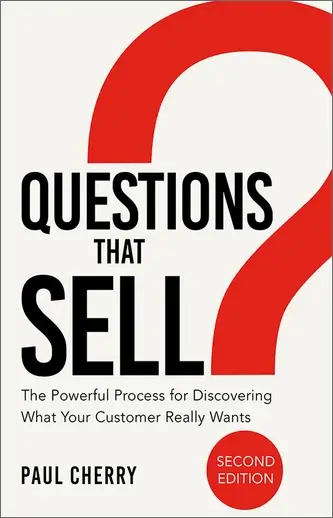A picture’s worth a thousand words, but managers need well-chosen words at the right time to keep employees in the picture. Let’s say you’re the V.P. of sales for a major corporation. You feel qualified and competent in your position…you think it’s all smooth sailing…you’re the king of the world! Then the company’s president calls an executive-level meeting, where she unveils the company’s new sales compensation program. It’s an innovative, creative plan — one that you had no clue the company was contemplating! Instead of “the king of the world,” you feel like you’re treading water as the Titanic sinks from under you.
Let’s say a conglomerate recently bought out your company. Everyone in your department knows their days could be numbered. Each morning, there’s another rumor about who’ll be laid off next. Your department spends so much time speculating about the future that you’re barely getting any work done. As the merger moves forward, nobody gives you and your colleagues any information about the future. Are you still at the top of the company food chain, or a guppy about to become a whale’s lunch?Let’s say a conglomerate recently bought out your company. Everyone in your department knows their days could be numbered. Each morning, there’s another rumor about who’ll be laid off next. Your department spends so much time speculating about the future that you’re barely getting any work done. As the merger moves forward, nobody gives you and your colleagues any information about the future. Are you still at the top of the company food chain, or a guppy about to become a whale’s lunch?
It’s frustrating to be in an uncomfortable situation because your boss isn’t providing the communication and connection you crave. When you’re out of the loop, you feel incompetent, unimportant, and uncertain of your place in the company. Many managers don’t grasp this, copping the attitude that they’ll give employees info on a need to know basis. All they’re doing is curdling employee motivation into withering morale as gossip, rumors, and festering resentment run wild. Good communication is vital to motivating your employees, improving their attitudes, making them feel like part of the team, and giving them up-to-date information that makes their jobs easier.
Use these questions to figure out whether or not your communication system does what you need it to do, and if not, how to fix it:
- What are some ways we can make sure everyone here is on the same page?
- In what ways do you feel your ideas are given serious consideration? How can we improve in this area?
- What is the best way to communicate with you?
- What should I be doing to ensure you’re achieving your goals?
- Right now, a daily e-mail goes out to all our employees, along with a monthly newsletter. How effective do you feel those systems are at keeping you updated on company news?
- How do you feel that the information and resources we’re providing are helping you to be effective in your position?
- I’d like to get your input. What do you think of this idea?
- We’re over budget. What do you think we should do?
As managers, we sometimes unwittingly just give lip service to the importance of connection and communication, instead of truly acting on it. A few managers don’t take it seriously until bad communication wreaks its havoc.
I worked with two companies with vastly different communication styles. Telco looked like it was going to have a great year, having landed a huge national client in a deal worth $6 million yearly, spreading revenue throughout their company’s offices. Like its competitor Sky Tech, Telco had sales quotas for each regional office. This new deal put all the regional offices on the books as above quota, though in reality, the regional sales managers hadn’t been part of the negotiations.
The Telco executives didn’t want to give their regional sales managers the requisite bonuses because it was actually just a lucky windfall. Without consulting their salespeople, Telco’s executives decided to raise their regional sales quotas in the middle of the fiscal year, breaking the news in a memo on Friday afternoon of the Memorial Day weekend. The company thought — well, hoped — the irate sales managers would cool off by Tuesday.”
Meanwhile, Sky Tech was in trouble: it lost its biggest client, and a losing year seemed sure to follow. When Sky Tech’s president called me for advice, I suggested she call a meeting with her regional sales managers, confide in them about the problem, and ask for their advice. I knew she had sharp staffers, and I was sure they’d come up with a workable plan to hit these new targets.
At the end of the year, who do you think hit their sales targets? Not Telco, even though they’d landed a $6 million client. After that Friday afternoon memo, Telco had a swarm of angry sales managers on their hands. Company morale plummeted. Despite the new budget, sales were off for the next three quarters. Several of Telco’s regional managers lost momentum or left the company, and those who stayed felt betrayed. On the other hand, Sky Tech ended up with a good year, and an even better year after that. Their sales managers rallied behind the company, brainstormed innovative sales campaigns and saved the company from the brink of disaster.
How’s that for an object lesson in the importance of communication and connecting? Companies that include their employees in their communications triumph. Companies that keep employees in the dark do so at their peril. A great manager is a great communicator, and great communications lead to great employee performance.






